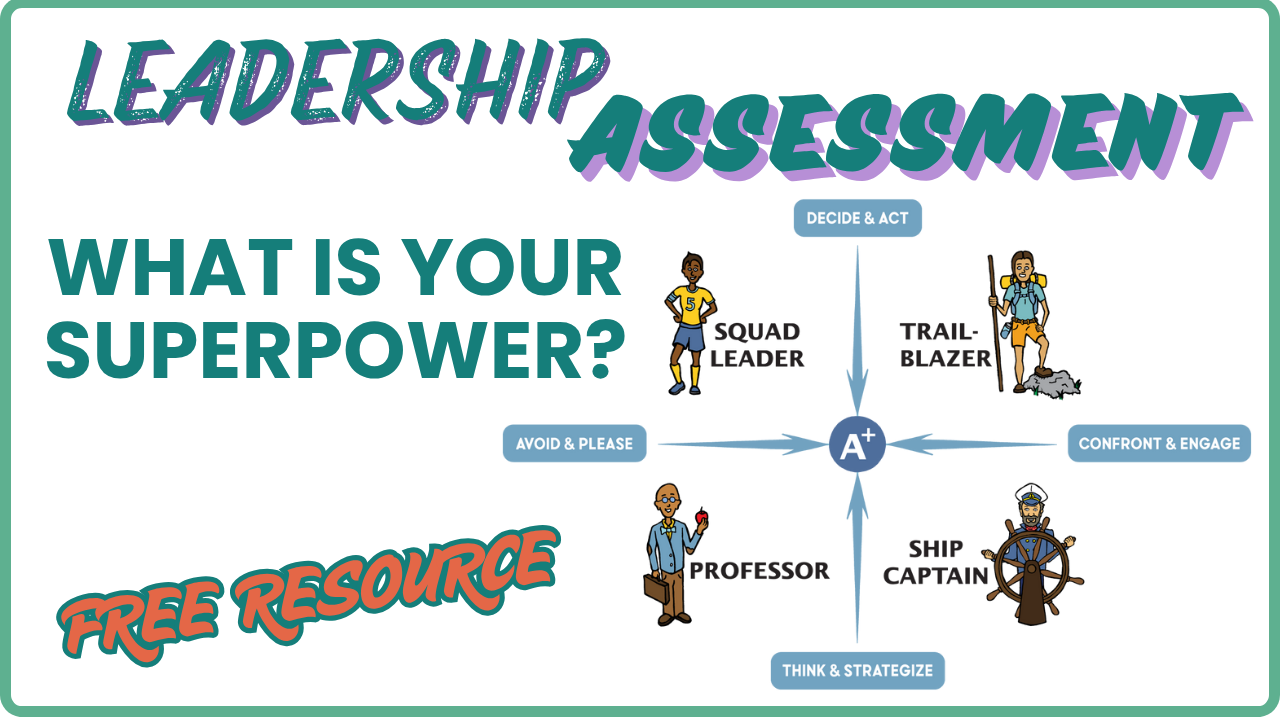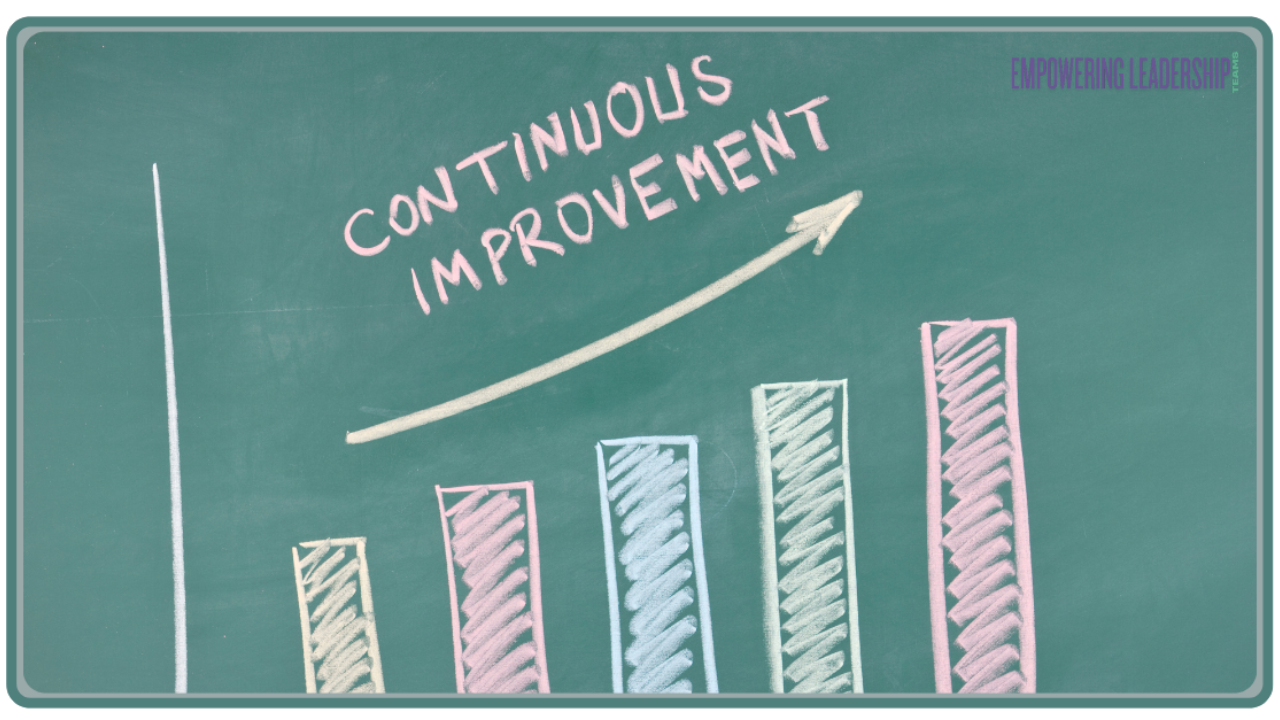The Entrepreneurial Stages of Business: A Personal Perspective

As an entrepreneur and business coach, I've seen firsthand how understanding the stages of entrepreneurial business can be a game-changer. Today, I want to share this valuable framework with you, drawing from my experiences and the lessons I've learned along the way.
"Recognizing your current business stage helps you avoid burnout by evolving your structure at the right time."
Stage 1: The "I Can Do It" Stage
We all start here. This is when your business is just you, wearing all the hats. You are the visionary, the CEO, the marketer, the salesperson, and the service provider. It is exhilarating and exhausting. There's no real structure needed at this point because everything lives in your head. You're the business, and the business is you.
Stage 2: The Defining Stage
As your business grows, you'll likely find yourself entering what I call the "defining stage." This is when you bring on a number two person, often an operations administrator type who's a jack of all trades. They help you execute, but you're still doing most of the strategic thinking and goal-setting.
Here's a word of caution: don't stay in this stage too long. It's easy to burn out when you're still trying to hold everything together with just one other person.
Stage 3: Forming Functional Areas with Leaders
This is where things get interesting. You start to see clear functional areas forming in your business - marketing, finance, operations, and so on. You might have leaders for each of these areas, although they might still be wearing multiple hats.
This stage of your business is both exciting and challenging. It's when you start to shift from doing everything yourself to translating your vision to your team. Communication becomes crucial here.
"As your business progresses through the stages, cross-functional collaboration becomes crucial for achieving outcomes."
Stage 4: Developing Levels of Leadership
In this stage, your business has grown to the point where you need different levels of leadership. You might have functional roles, a cross-functional leadership team, and even an executive or senior leadership team.
This is where you will see your role as a CEO truly evolve. You are no longer just delegating tasks; you are developing thinking partners who can take ownership of significant parts of the business.
The Importance of Understanding These Stages
"Recognizing your current business stage helps you avoid burnout by evolving your structure at the right time."
Understanding these stages is invaluable in your entrepreneurial journey. It will help you:
- Have compassion for yourself and your team as you navigate growth
- Recognize when it's time to evolve your structure to avoid burnout
- Understand how your role needs to change as the business grows
- Make intentional decisions about team development and organizational structure
Remember, this isn't a linear process. You might find different parts of your business in different stages, especially when you're adding new divisions or making significant pivots.
As you reflect on your own business, consider which stage you're in. Are you ready to move to the next stage? What structures or roles do you need to put in place to support that growth?
Understanding these stages of entrepreneurial business isn't just about growth - it's about sustainable, intentional growth that sets you and your team up for long-term success.
Author: Barbara Schindler
This article is based on the teaching in our Empowering Leadership Collective Program. To explore if this program may be a fit for you and your team, schedule a complimantary, no pressure, Discovery Call with Barbara.
Related Articles:
High Performance Teams Need Role Clarity
Give Yourself A Business Edge: Know Your Leadership Style
Master the Three C's of Collaborative Teamwork: Your Guide to Team Success

















